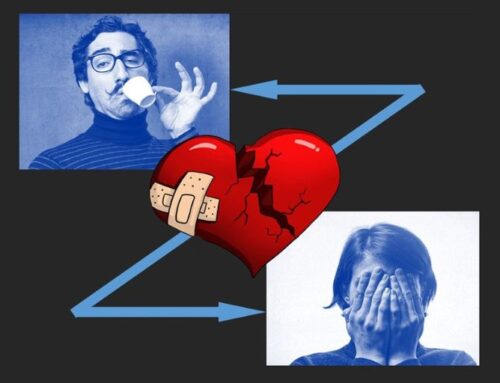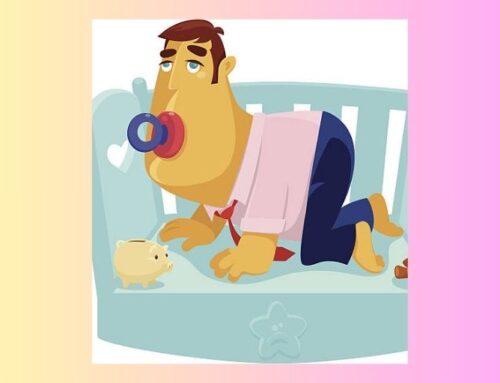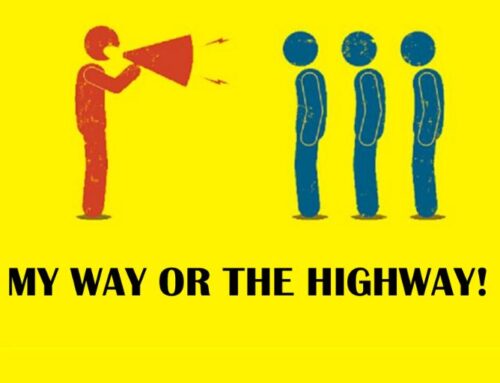“Aren’t you tired of needing things from those who are incapable of providing the things you need” R.H. Sin, Algedonic
Some romantic relationships have a very low chance of surviving beyond weeks or months because the other party is in some way, shape or form unavailable for long-term love and commitment.
So why do we spend our precious time pursuing romantic relationships that we know – at least at a rational level — will never work out?
In my years of working as a relationship professional I’ve developed some insights into this question.
Let’s begin the discussion by exploring the different ways someone is unavailable for love.
What does unavailability look like?
“Nim handed me a mug of tea. I took a sip and it was just how I like it, strong and sweet. If you added psychotic and emotionally unavailable to that, it would also cover my taste in women.” Alexis Hall, Shadows & Dreams
Unavailability as it relates to relationships may take a number of different forms. For example:
- The person is not available for commitment as they are already partnered with someone else. Their words of assurance or promises of a future life with us are one thing, but the cold, hard facts are that they are still in a committed relationship with someone else.
- The person is physically unavailable. They may give all the indications that they want more with us. They may even tell us that, but when it comes down to taking concrete action, they dodge and weave. They are here with us one moment and in the next they disappear into the ether not to be seen again for days or weeks. Their actions make their words null and void.
- The person is emotionally unavailable. They may spend time with us. They may even move in with us, but they seldom talk about their emotions or feelings, their desires or needs. As well, they appear uncomfortable when we open up about ours. It’s apparent that emotional intimacy is just not their thing.
- The person is an practiced sweet-talker (liar?). They do and say just enough to keep us ‘sweet’, to keep us hooked, to get their needs met. But that is where their commitment begins and ends.
The next question then becomes this: what is it about the unavailable lover that keeps us in the game?
Why are these lovers so more-ish?
“Well, I spent a lifetime lookin’ for you. Single bars and good time lovers were never true…” Johnny Lee, Looking for Love song lyrics
Then why do we persist in pursuing these ethereal lovers? My view is that these illusive relationships are not only more-ish, they are potentially addictive. And that is because they push all the right buttons for us in the following ways:
- The unavailable lover knows how to stroke our egos. They are adept at saying all the right things. They tantalize us with the promise of more, much more – kind of like a light shining on a faraway hill that we will never reach.
- The unavailable lover’s proclivity for running hot and cold is a form of partial reinforcement, which is the most powerful reinforcement of all, because it keeps us captive. The joy of the interspersed good times (our reward) obliterates the pain of the more often not-so-good times (our punishment). And so the cycle continues.
- Chasing after the unavailable provides us with an effective distraction from what is actually ailing us — that hole in the soul that needs filling either with a drug or a relationship.
- We humans have a predilection for chasing rainbows and clutching at clouds. What we can’t have is much more enticing than accepting what is at hand and available.
- The emotionally unavailable at some level are more comfortable for us, because we are also unavailable emotionally. Despite our protestations, we don’t find it easy to share our deepest needs and desires with anyone because we somehow don’t feel safe to do so.
The result is that we look for love in all the wrong places and with all the wrong people.
As I said in a previous post, we can’t fix the illusive lover, nor do we have the right to even attempt it. Where we need to place the focus is on ourselves.
In that vein, we might cogitate on this question: “How do I benefit by chasing a relationship with an unavailable lover?
You might have to dig deep to find the answer.







